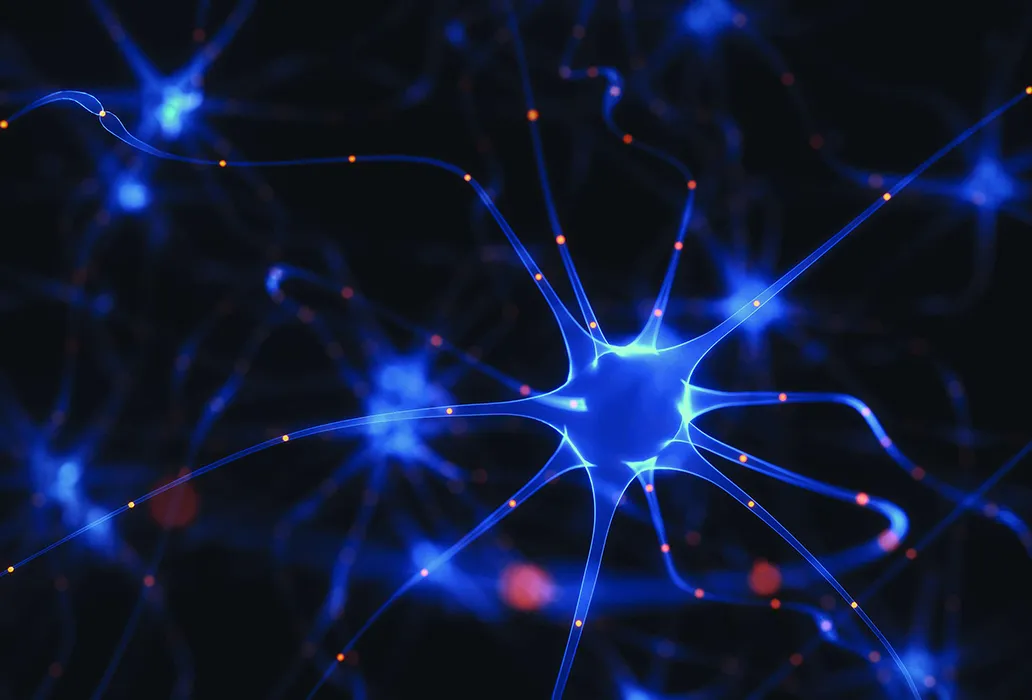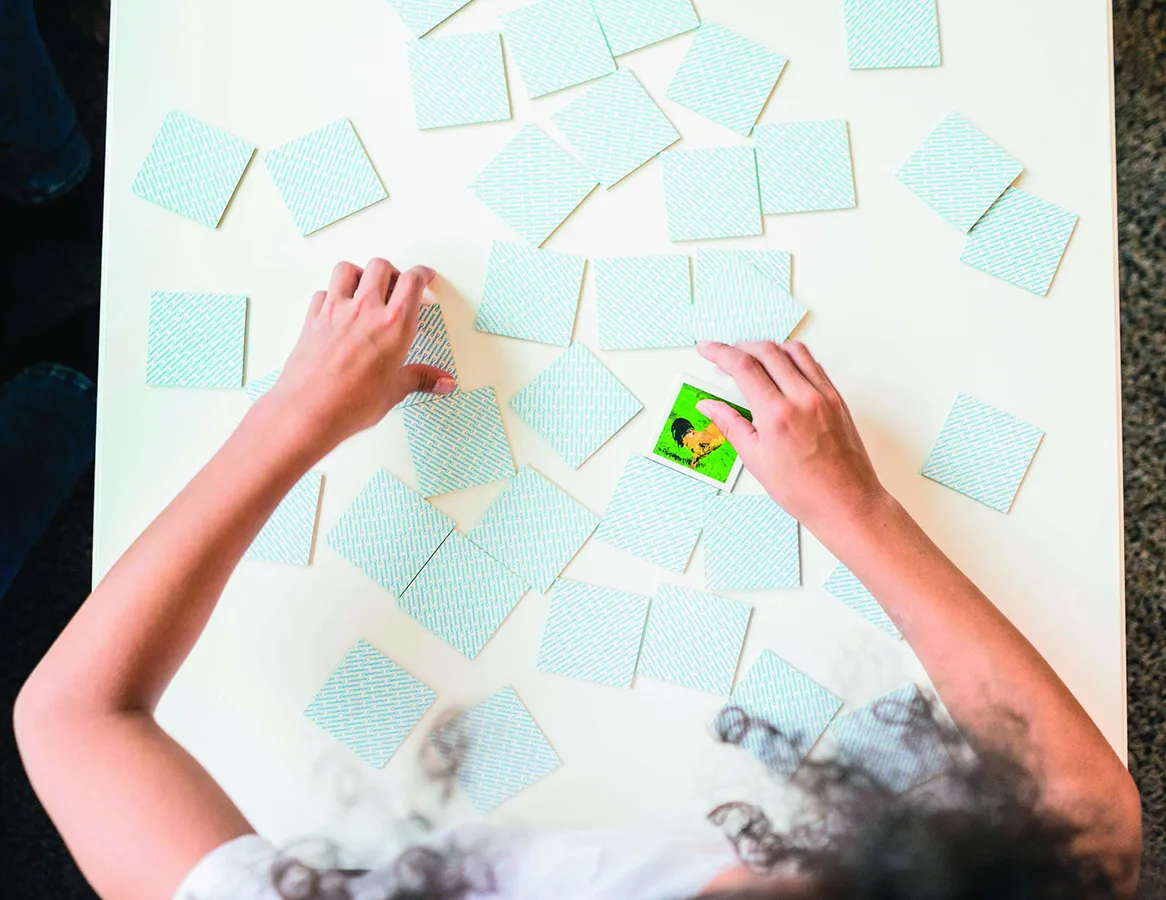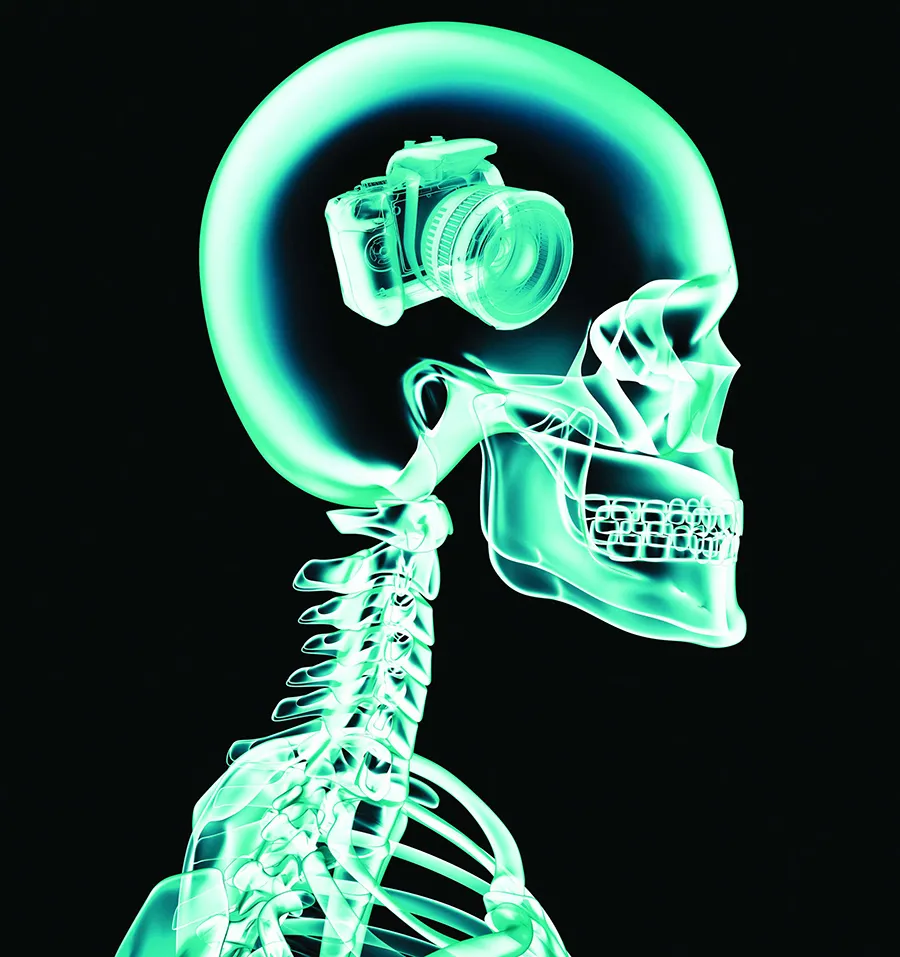What actually is memory?
Memory, in short, is a process. It begins with an ‘encoding phase’ when experiences are represented in webs of interconnected neurons.
Over the short term – imagine briefly memorising a phone number – this takes place at the front of the brain. If you process information deeply enough it will work its way through into longer-term storage, which involves the hippocampus in the brain’s medial temporal lobe (near the ears).

Psychologists distinguish between memory for knowledge, which they call ‘semantic memory’, and memory documenting past experiences, known as ‘autobiographical memory’. These two kinds depend on somewhat different neural systems, meaning it’s possible for illness or injury to interfere with one while leaving the other relatively intact.
Another distinction is between ‘explicit memory’ – memories you can recall at will – and ‘implicit memory’, which is when the information is in your brain, but you can’t consciously access it.
Why don’t we remember everything?
A key reason that we don’t remember everything is that we don’t encode it in the first place. There’s also a bottleneck in short-term memory: research has shown it generally has a limit of just seven ‘items’ (think digits or objects), plus or minus two. Plus, the majority of information in short-term memory isn’t passed into long-term memory. In other words, our limits for remembering happen early in the process, rather than due to lack of storage space.

Indeed, long-term memory capacity is vast. In an MIT study, people spent five and a half hours looking at almost 3,000 pictures. In a memory test later that day based on these images, they achieved about 90 per cent accuracy.
A minority of people with ‘highly superior autobiographical memory’ can remember each day of their lives in exquisite detail. The fact most of us can’t is probably down to the disadvantages this can bring – imagine remembering every embarrassing or upsetting experience you ever had.
Are photographic memories real?
There’s a basic misconception about memory that it’s akin to a video recording. It’s not: memory is more of an active reconstruction of what happened. From this mistaken metaphor, people have the idea that some other individuals can glance at something and then recall every detail with perfect accuracy.

It’s true those known as ‘super memorisers’ are capable of astonishing feats of memory, but this is mainly through mnemonic techniques (mental strategies that aid encoding and recall) and staggering levels of practice. Using such methods, the current world record holder for memorising the number pi, Rajveer Meena, managed to recall 70,000 digits in the right order.
There is a concept related to photographic memory known as ‘eidetic memory’, which describes some people’s experience of ‘seeing’ remembered material as if looking out at a photo or visual scene. However, when researchers have tested self-identified eidetic memorisers, they’ve performed no better than control participants, further challenging the mythical notion of photographic memory.
How can we improve our memory?
To improve your memory, focus on boosting the initial encoding process and consolidating the information to ensure it passes into long-term memory. This is the strategy used by memory athletes. For instance, you can overcome the bottleneck of short-term memory by splitting information into chunks (acronyms are handy for this). Plus, the more emotionally striking the material, the more deeply it will be encoded.

This is why super memorisers will often convert material into amusing or ridiculous images. Next, repeatedly testing yourself will help to further transition material from short-term to long-term memory. That’s because each act of recall reconstructs the memory and encodes it more deeply.
Another trick is to exploit our knack for remembering spatial layouts by placing to-be-remembered material along a highly familiar route, such as the rooms of your house or the journey to work. This is the popular and ancient ‘method of loci’ or ‘memory palace’ technique.
Unfortunately, none of this will help you remember where you left your car keys if you weren’t paying attention when you put them down! You need to effectively code this information in the first place.
Why do we lose memories after heavy drinking?
From lab research with rodents, scientists have established that the phenomenon likely occurs because of the way that alcohol can interfere with functioning in the hippocampus, thus preventing short-term memories from being passed into long-term memory.

There is a ‘dose-response’ effect: lower alcohol levels can impair hippocampal function, whereas higher levels can block it entirely – hence leaving you with either a fragmented memory or a total ‘blackout’, respectively. To avoid blackouts, try to refrain from drinking too much too quickly, thus preventing the alcohol levels in your blood from peaking too high.
Read more:
- What happens in your brain when you make a memory?
- Is it true that we only use 10 per cent of our brain?
- Could the human mind ever run out of memory?
- When something is on ‘the tip of my tongue’, what’s happening in my memory?
To submit your questions email us at questions@sciencefocus.com (don't forget to include your name and location)
